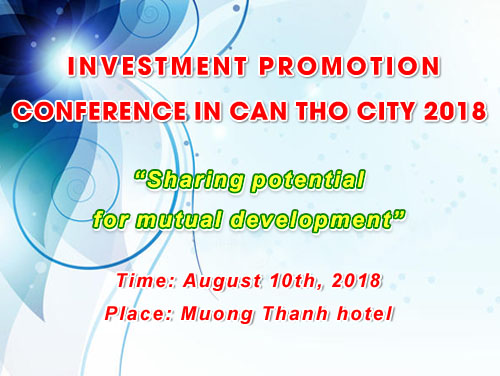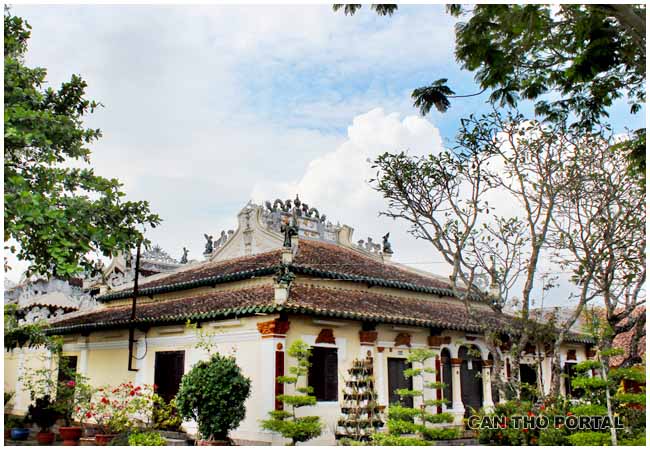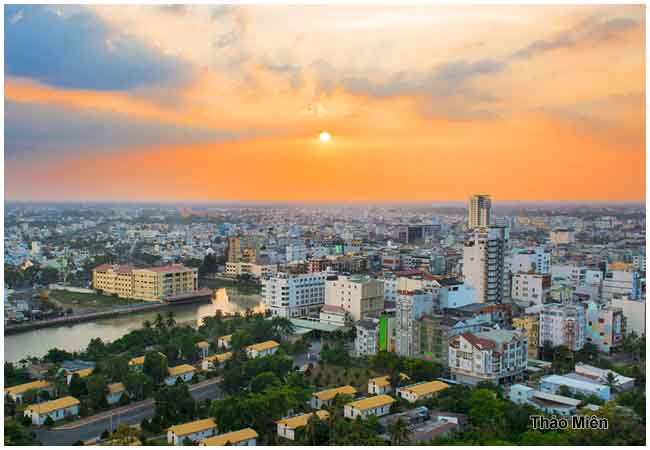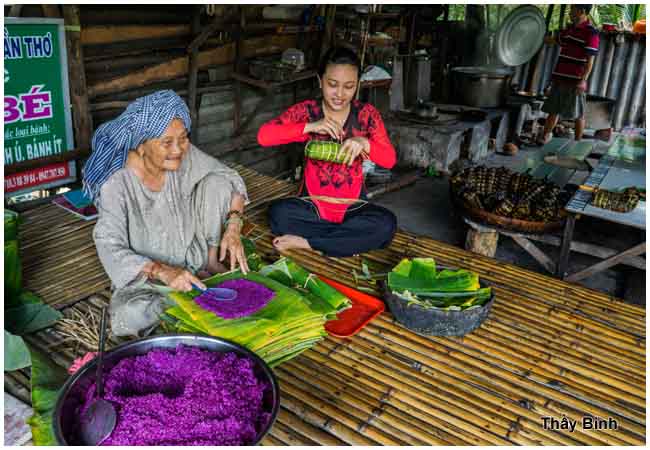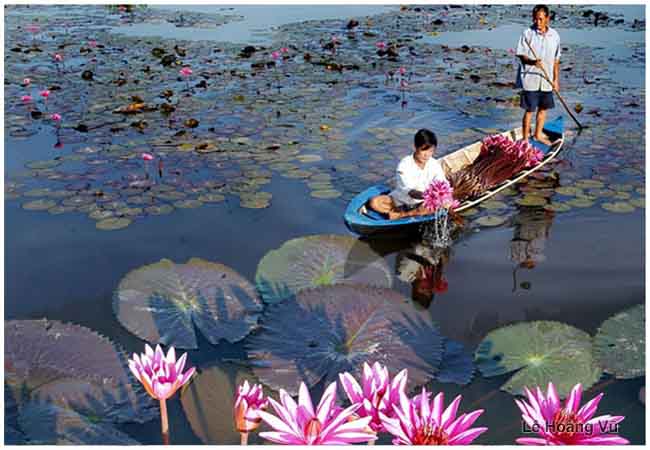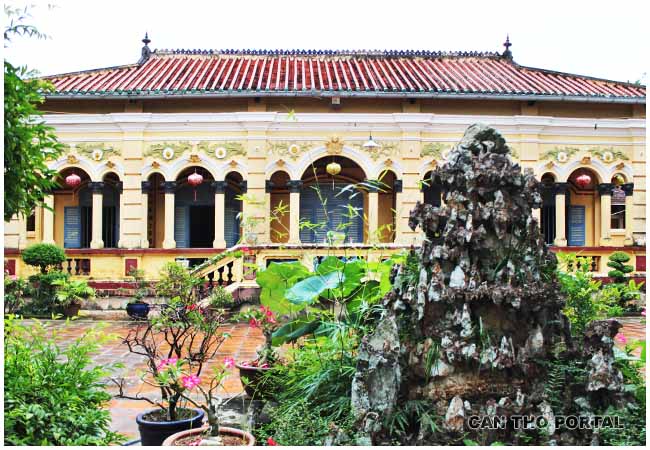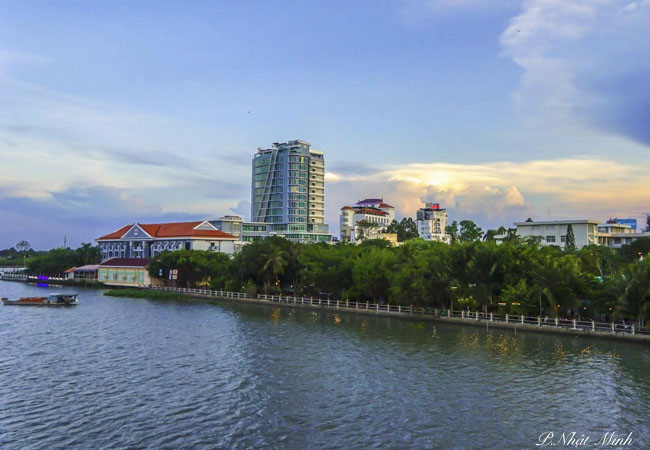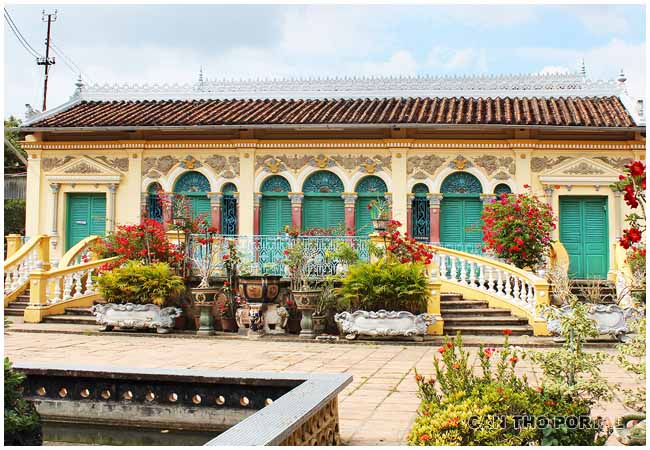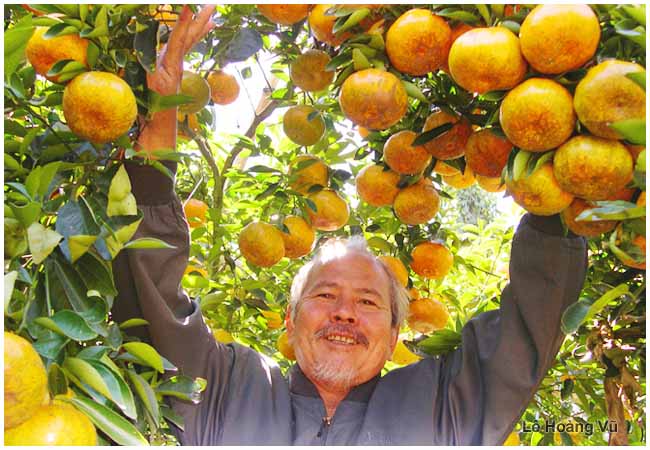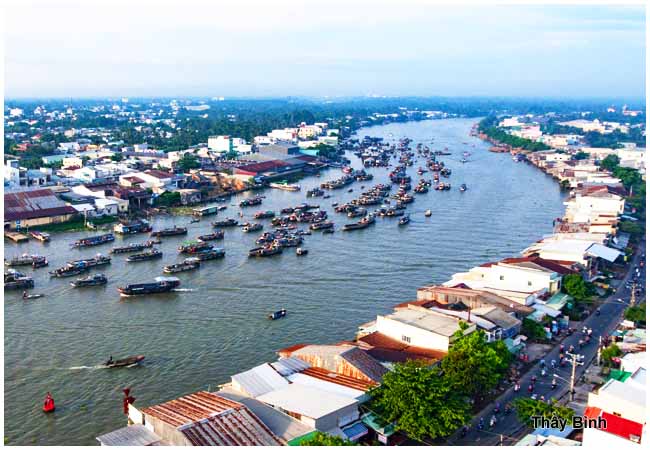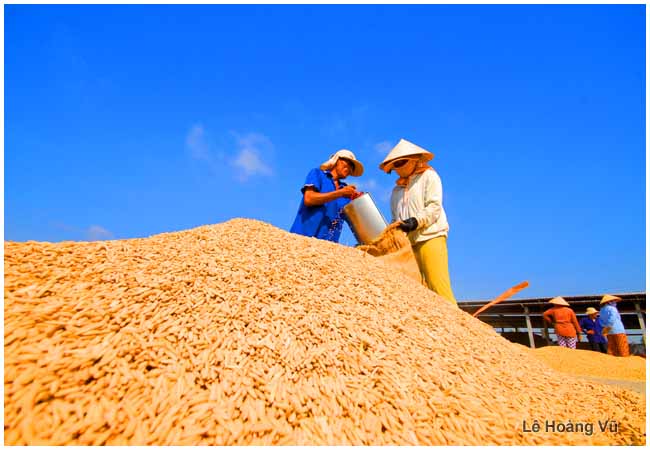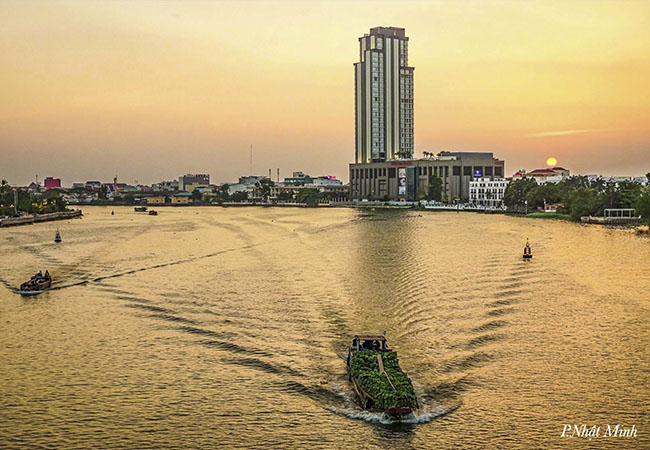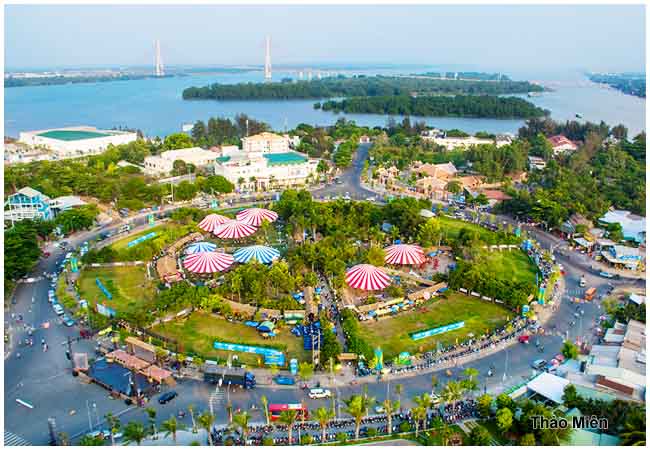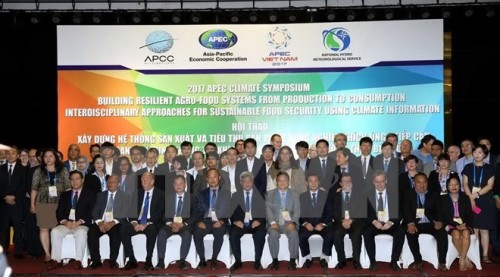
As we all know, APEC is an economic forum for the 21 economies on the rim of the Asia-Pacific region.
The population of the Asia Pacific region is 3 billion people – accounting for 40 per cent of the world population. Food security has been a burning issue regionally and globally, particularly in the context of climate change. To have sufficient food to feed 3 billion people is a big demand for authorities in the 21 APEC economies.
In recent years, with advanced technology and notable economic achievements, all countries worldwide, including those in Asia Pacific and Việt Nam in particular have tried hard to be self-sufficient in food. However, due to differing economic, scientific and technological development of members as well as their geographical positions, the problems of poverty and child malnourishment are still reported.
In addition, the Asia-Pacific rim is a region which has most been frequently hit by natural calamities. Extreme weather due to climate change in the world and the region has seriously threatened food security and sustainable agriculture. As a result, food security and sustainable agriculture have become hot issues globally, including the Asia Pacific rim. That’s why Việt Nam’s selection of the topic of food security and sustainable and adaptable agriculture production in the context of climate change has received strong support from other APEC members.
What do you expect to achieve in the APEC week in Cần Thơ?
We hope our three thematic topics will be approved in the APEC week in Cần Thơ Province.
First, the approval of a framework food security development programme which is closely associated with sustainable agriculture development adaptable to climate change.
Second, a framework programme on the harmonisation between rural and urban development. The programme meets the two objectives – adaptability to climate change and sustainable development.
Finally, the approval of the Ministerial Meeting’s agenda and a common framework on sustainable agriculture development in the Asia Pacific region.
Through this forum, we want to call for more support for start-ups in agriculture from different economic entities, individuals and organisations. The agriculture industry will only be developed when it has an energetic and high quality workforce.
We hope during the week, APEC members will have opportunities to share their experiences in investment promotion. This is a precious occasion for all APEC members to share their experiences in economic development, particularly in the mobilisation of social resources through the form of public-private-partnerships for agriculture development.
In 2018, Việt Nam will mark its 20th anniversary of joining APEC. Can you tell us what contributions Việt Nam has made since then?
At present, up to 70 per cent of our population lives in rural areas, of which – about 20 million people are ethnic minorities. One of our country’s top priorities is to ensure fair development among all regions nationwide, between majority and minority people. That’s why we have defined clearly that the national programme of building new rural areas must go hand in hand with agricultural restructuring in the context of climate change.
In the field of agriculture development, we have achieved notable progress. From a country which lacked food to feed its people, Việt Nam has become an exporter of many of its agro products. In 2016, we earned US$32.14 billion in agro export products. This is an encouraging achievement for our primary industry.
This year is the second time Việt Nam has hosted the APEC summit. The first time was in 2006.
Being the host of 2017 APEC summit, Việt Nam vows to do its best to make the summit a success.
Regarding agriculture, the forum this year will be much bigger than in 2006. The scope of the agriculture week taking place in Cần Thơ from August 18-25 is much bigger than in 2006. As I have mentioned above, the topic for the week is food security in the context of sustainable agriculture development amid negative impacts of climate change. Another important activity during the week is the harmonisation of rural development and rapid urbanisation.
Participants at the forum this year increased almost 10 times compared with that in 2006. That means the role of the host country will be more demanding, particularly preparations for agriculture topics. However, we’re confident that this year’s APEC week on agriculture will be a success.
Source: VNS




